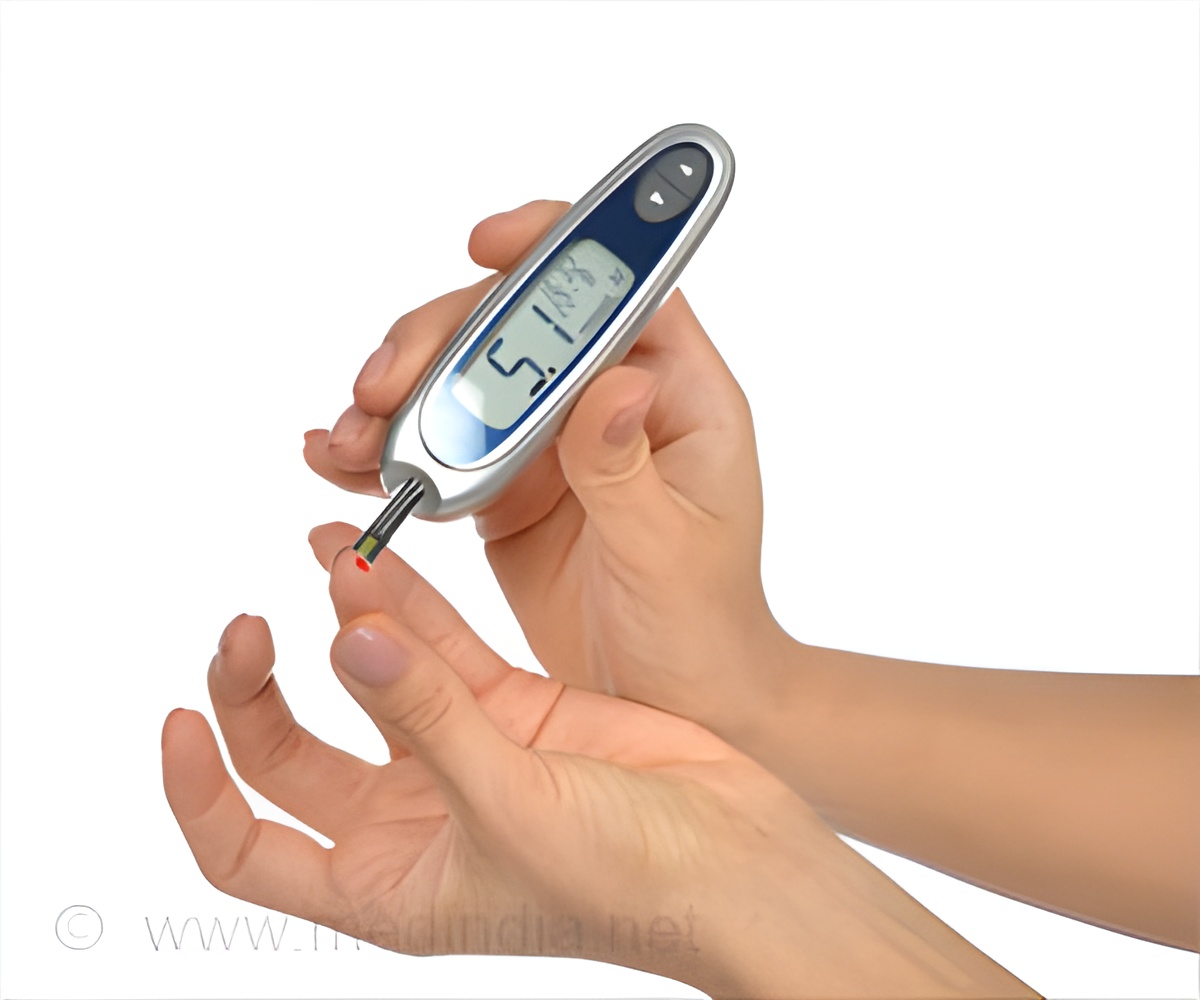Using virtual care to manage diabetes patients in the hospital does not harm their glycemic outcomes, and can provide similar outcomes to traditional face-to-face care, reveals a new study.

‘There is a need to decrease the exposure for patients and providers during the coronavirus outbreak. Hence, using virtual care for diabetes management is feasible and can provide similar outcomes to traditional face-to-face care.’





The article entitled "Inpatient Transition to Virtual Care During COVID-19 Pandemic" describes the use of "virtual care" care for inpatient diabetes care to reduce exposure to the COVID-19 virus and to reduce the use of personal protective equipment. Morgan Jones, MD, and coauthors from the University of North Carolina (UNC), Chapel Hill, and Tufts University, Boston, MA, present a model for virtual care in which all face-to-face patient contact was stopped on March 22, 2020. Telehealth included a telephone interview with patients (or a family member or their primary nurse) each morning and occasional telemedicine visits by an endocrinologist. The researchers concluded that glycemic control was similar with the transition to virtual care. "The COVID-19 pandemic has forced all of us to find alternate ways to deliver quality care to patients with diabetes," says DTT Editor-in-Chief Satish Garg, MD, Professor of Medicine and Pediatrics at the University of Colorado Denver (Aurora).
"The study from UNC documented similar glycemic outcomes when transitioned to virtual care during the pandemic. It is important to note that the data presented is from finger-stick blood glucose values (FSBG). The smooth transition to virtual care may have long-term implications, especially for remote area consults where endocrinologists may not be available. The real unknown is if the payors will continue similar reimbursements after COVID is gone. The FDA recently authorized the use of continuous glucose monitoring (CGM) for the inpatient setting, and UNC authorized hospital inpatient use of CGM only last week. I believe authors are in the process of implementing the use of CGM for inpatient diabetes management."
Source-Eurekalert















